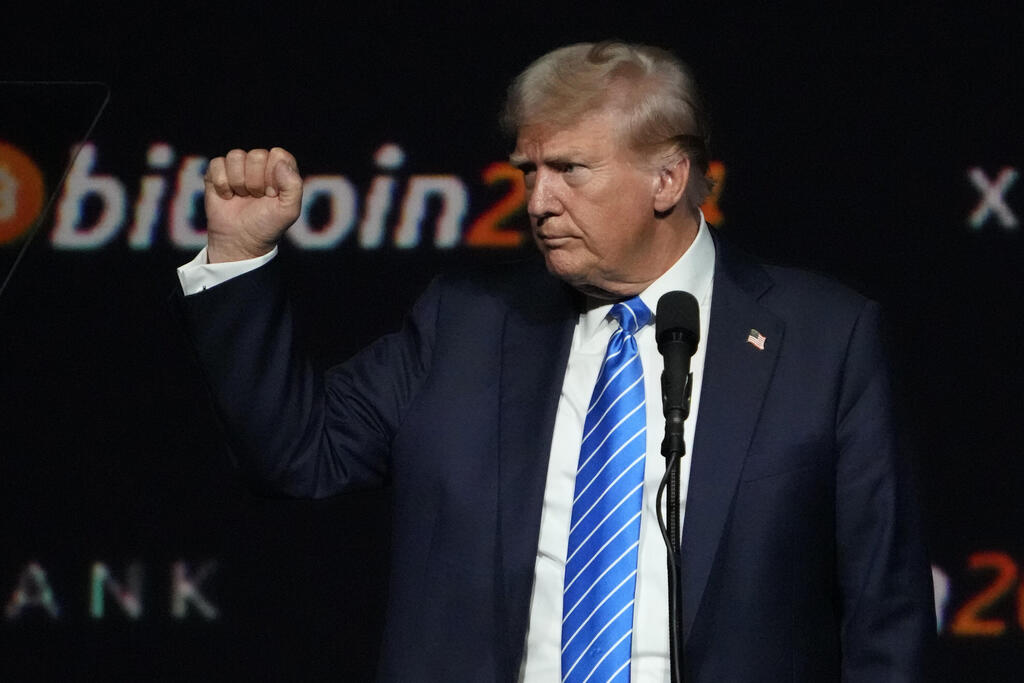Finance Minister Bezalel Smotrich signed an emergency order Tuesday evening eliminating all tariffs on agricultural imports from the United States, in coordination with Prime Minister Benjamin Netanyahu.
The move, fast-tracked ahead of the expected enforcement Wednesday of new U.S. tariffs signed by President Donald Trump, aims to ensure Israel is exempted from the sweeping measures, though that exemption has not yet been confirmed.
The decision sparked immediate backlash from Israeli farmers, who oppose lifting tariffs on U.S. agricultural goods. In 2024, Israel exported $17.3 billion in goods and $16.7 billion in services to the United States.
Smotrich earlier in the day sent an urgent letter to Economy Minister Nir Barkat and Agriculture Minister Avi Dichter, instructing them to act immediately to lift tariffs in accordance with the 1985 U.S.-Israel Free Trade Agreement. He described the current U.S. administration as a “real opportunity” to reshape strategic economic ties and strengthen Israel’s role as a key economic partner to the U.S.
Get the Ynetnews app on your smartphone: Google Play: https://bit.ly/4eJ37pE | Apple App Store: https://bit.ly/3ZL7iNv
According to the Finance Ministry’s chief economist and the Israel Tax Authority, customs revenue from U.S. imports currently totals just 42 million shekels ($11.3 million) annually, with most American goods already exempt—aside from agricultural products. The new order is expected to remove tariffs on items such as U.S. wine and potatoes, which make up the bulk of agricultural imports valued at roughly half a billion shekels ($135 million) a year.
Netanyahu praised the move, calling it part of a broader strategy by his governments to open Israel’s markets, increase competition and lower the cost of living. He also emphasized the diplomatic value of strengthening economic ties with the U.S.
Smotrich echoed those sentiments, highlighting the importance of deepening innovation, financial and trade cooperation. Economy Minister Barkat called the move a “natural extension of the longstanding U.S.-Israel trade relationship”, while Manufacturers Association President Dr. Ron Tomer expressed confidence that Israel will be excluded from Trump’s new tariffs.
However, agricultural leaders voiced strong opposition. Dagan Yarell, head of the Israeli Dairy Producers Association, warned that the move could devastate the local dairy industry, already struggling amid national crises. “Removing tariffs now risks shuttering dairies that have only just recovered from destruction and resumed full operations,” he said. “This is the time to act with national responsibility and protect Israeli food security.”
While final approval of tariff changes lies with the Knesset, which is currently in recess, the Finance Committee is expected to convene to ratify the order during the break.
Some government officials privately described the move as largely symbolic, since most U.S. imports to Israel are already duty-free. Nonetheless, the decision could carry diplomatic weight as the U.S. prepares to implement its broader tariff policy, with many nations likely to object if Israel is uniquely exempted.



